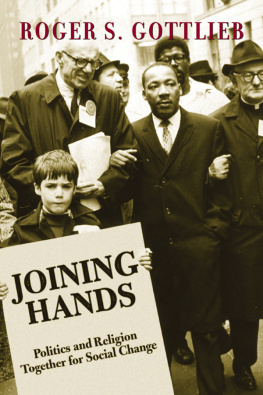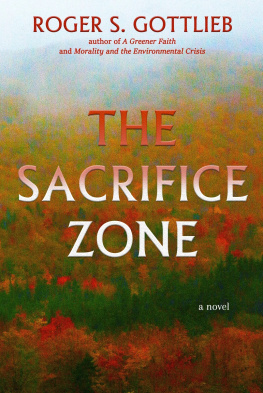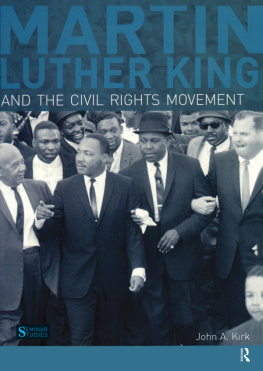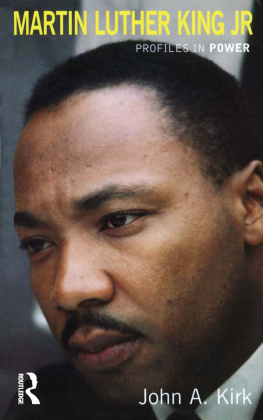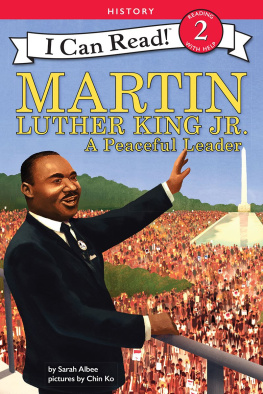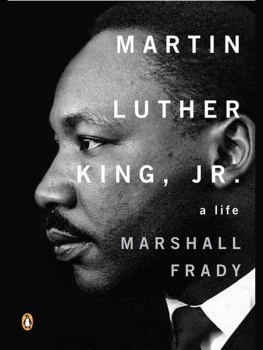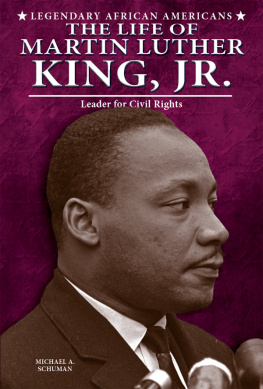First published 2002 by Westview Press
Published 2018 by Routledge
52 Vanderbilt Avenue, New York, NY 10017, USA
2 Park Square, Milton Park, Abingdon, Oxon OX14 4RN
Routledge is an imprint of the Taylor & Francis Group, an informa business
Copyright 2002 Taylor & Francis
All rights reserved. No part of this book may be reprinted or reproduced or utilised in any form or by any electronic, mechanical, or other means, now known or hereafter invented, including photocopying and recording, or in any information storage or retrieval system, without permission in writing from the publishers.
Notice:
Product or corporate names may be trademarks or registered trademarks, and are used only for identification and explanation without intent to infringe.
A Cataloging-in-Publication record is available from the Library of Congress.
Text design by Trish Wilkinson
Set in 10.5-point Janson
ISBN 13: 978-0-8133-4188-0 (pbk)
ISBN 13: 978-0-8133-6554-0 (hbk)
I n an old Jewish joke, two rabbis are engaged in an animated argument over the interpretation of a complicated bit of scripture. A third, seeking to make peace, reassures them, Youre both right.
But how can that be; they say opposite things? an onlooker asks.
Ahh, says the peacemaker, You youre also right!
In a nutshell, that is what Joining Hands says about religion and politics. There are many religious people who believe that faith enables them to live more fully, joyously, and compassionately and that it makes their communities more likely to value and sustain life. There are, likewise, many people in the tradition of progressive politicsa tradition that runs from the Declaration of Independence to struggles for womens equality, from the New Deal to environmentalist criticisms of globalizationwho believe a political response to the human condition is not just about satisfying some particular interest group but is vital to the happiness of the entire human community.
I say: You are both right.
But that, of course, is not the end of the story, for at the same time there are many religious thinkers who tell us that political activism is foreign to religion, or that a religious understanding of the meaning of life does not need the insights of progressive social criticism. There are also many activists who think that religion should be private, that it can, at best, only cooperate with political movements in working on problems understood in purely political terms.
At this point, I say to them: You are both wrong. That is why I wrote this book.
I believe that although religious ethics and progressive political movements share a common vision of a transformed world, it is also true that neither can fulfill that vision without the others help. They urgently need each others strengths and insights. Religion and politics canand mustcooperate to make society more just, environmentally sustainable, and humanly fulfilling and religious life more authentic and holy.
The details of these rather broad claims will be provided in the following pages.
_____________
Although writing this book took eighteen months, it has actually been in preparation for more than three decades. It was during my coming of age, in the exhilarating and troubled 1960s, that I first saw how politics and religion could challenge what seemed to be a boring, complacent, and in many ways morally empty American culture and liberal capitalist economy. Resisting Americas dirty war in Southeast Asia and experiencing hallucinogenic altered states, coming to grips with criticisms of corporate power and discovering spiritual alternatives to the vacuous Reform Judaism in which Id been raised, it always seemedduring those exciting, naive and pretentious early years of the counterculturethat these new ways of seeing and living in the world should be working together.
A few years later, the counterculture split: The politicos emphasized Serious Political Work, Organizing the Masses, and Revolution. The hippies and spiritual seekers Went Back to the Land, Got Their Heads Together (or not), and sought Inner Peace.
Although I spent much more time with the politicos, the spiritual awakening Id experienced in the 1960s never left me. I taught courses in Oriental philosophy as well as seminars on Western Marxism; I practiced yoga and helped edit a Democratic Socialist newspaper. Returning in a very different way to a very different Judaism, I helped lead Freedom Seders for Passover and joined with others to be a Jewish voice on the left and a leftist voice among Jews. I came to believe, as in a lecture I gave in 1976, that Bodhisattvas [Buddhist saints] Belong on the Barricades and that political life, which had become increasingly sectarian, bitter, and boring, needed a healthy dose of spiritual wisdom.
I had been teaching along these lines for some time, but it was only after the death of my first childwhen I saw how inadequate purely political perspectives were to personal tragedies of this sortthat I decided to write about the spiritual contribution to politics. Because I wasnt sure exactly how these ideas needed to be expressed, and because I wanted first to be clear on my intellectual assessment of the radical tradition, it took me a while to get there. My first written efforts at synthesizing the two appeared in 1990 as the essay Heaven on Earth: A Dialogue Between a Political Radical and a Spiritual Seeker and in the last chapter of my Marxism 18441990: Origins, Betrayal, Rebirth, which offered a spiritual critique of the limitations of the socialist tradition. Individual essays and edited volumes followed. Since 1994, I have focused on how a global ecological crisis is transforming traditional religion, personal spiritual life, and politics worldwide.
Now I am ready (I hope) to tackle these connections once again, this time with a comprehensive understanding that enables me to put many of the issues in wider historical and political context. My focus here includes traditional religion as well as more individually oriented forms of spirituality, the whole range of political issues as well as environmental questions, a more broadly conceived domain of politics and not just the socialist tradition. My goal throughout is to offer a fresh perspective on the relations between religion and politics. If I am successful, people will think twice (at least) before presuming that religious life and progressive political movements have different goals. More important, speakers who are rooted in either religion or politics will no longer take for granted that they can accomplish their own objectives without the help of the other side. If nothing else, I hope to propose a viewpoint in which humility, self-examination, and openness to insights from hitherto distant sources can become more of the norm for religious believers and political activists alike.

